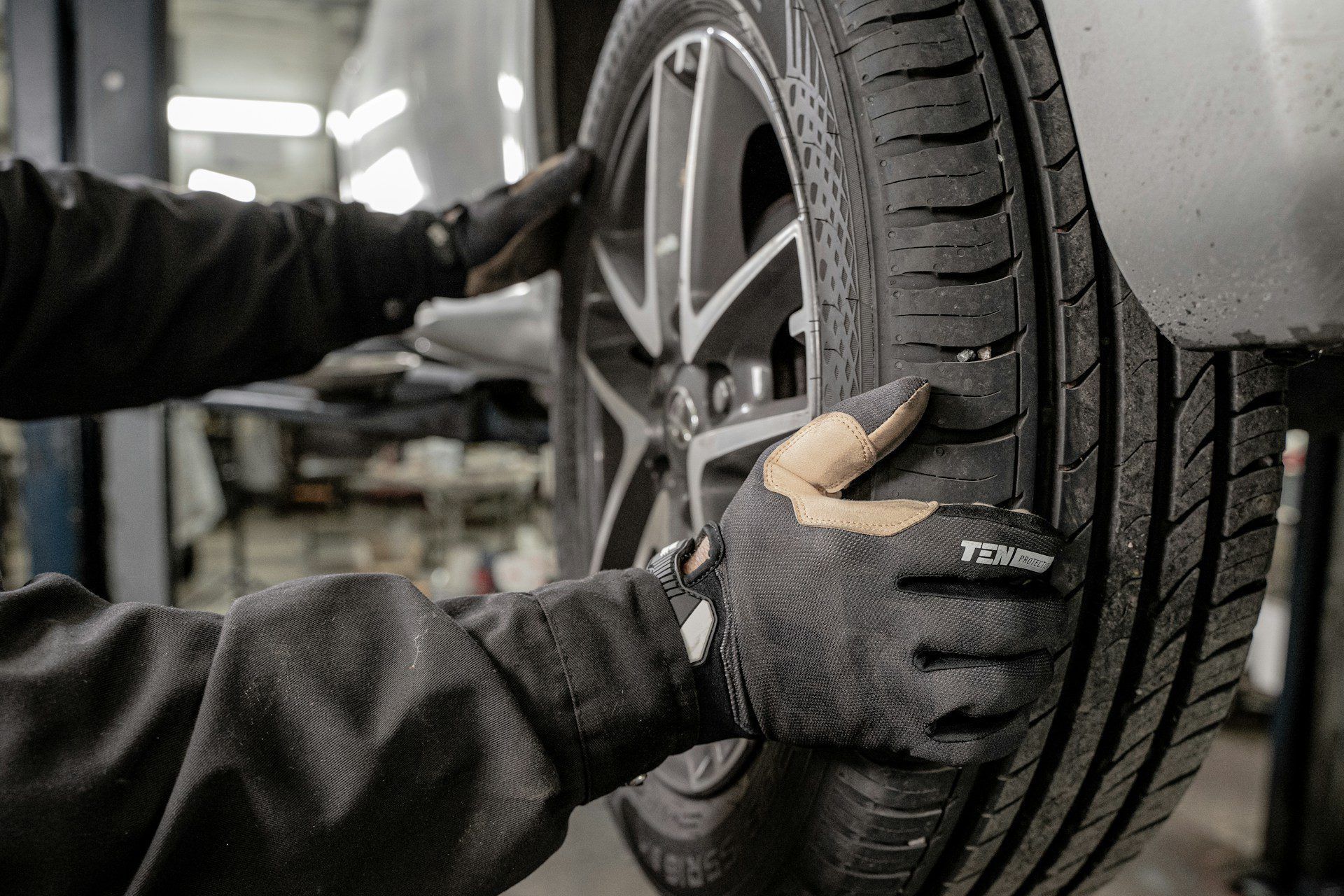Let’s Talk Torque

Let’s delve into the key factors beyond a car’s sleek exterior and plush interior. Understanding a vehicle’s technical specifications is pivotal for better understanding your vehicle or making an informed purchase. Technical elements like horsepower, torque, and MPG significantly contribute to a car’s overall performance.
Deciphering Torque and Horsepower
Horsepower serves as a metric to gauge power, illustrating the engine’s capability and directly influencing the vehicle’s speed. Conversely, torque dictates how swiftly that speed is attained. In simple terms, greater torque translates to quicker acceleration.
Torque represents the rotational force in automobiles, quantified in lb.-ft (pound foot), exemplifying the engine’s force-generation capability.
Often overshadowed by horsepower, torque plays a pivotal role. There’s a prevalent misconception that horsepower solely dictates higher speeds due to its association with power. However, the truth is that torque is the actual force behind achieving your desired velocity, while horsepower aids in maintaining it. Merely focusing on horsepower won’t accurately determine your car’s speed.
Benefits of Torque
A vehicle’s transmission and axles are key in unleashing torque potential. The gearing of these components determines how rapidly torque propels your vehicle to a specific speed. Consider a comparison between a race car and a tractor: the former doesn’t necessitate excessive torque to propel swiftly to high speeds. Contrastingly, a substantial amount of torque is vital for initiating movement in a heavy tractor. While the tractor might not attain high speeds, it excels in pulling immense weights. In essence, these two technical specifications measure distinct aspects of a car’s performance, yet their synergy is indispensable—they cannot function independently.
Fueled by DriversAutoKnow.com®










